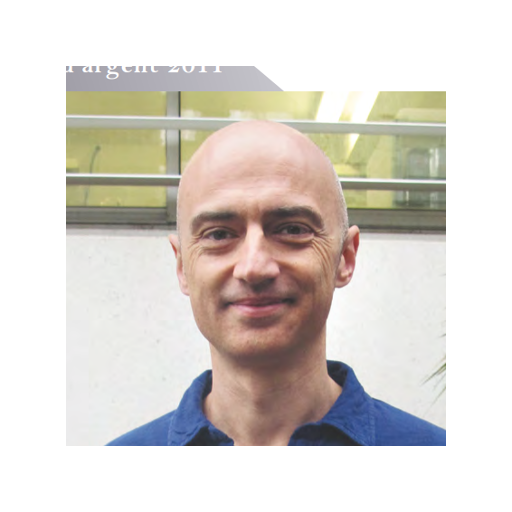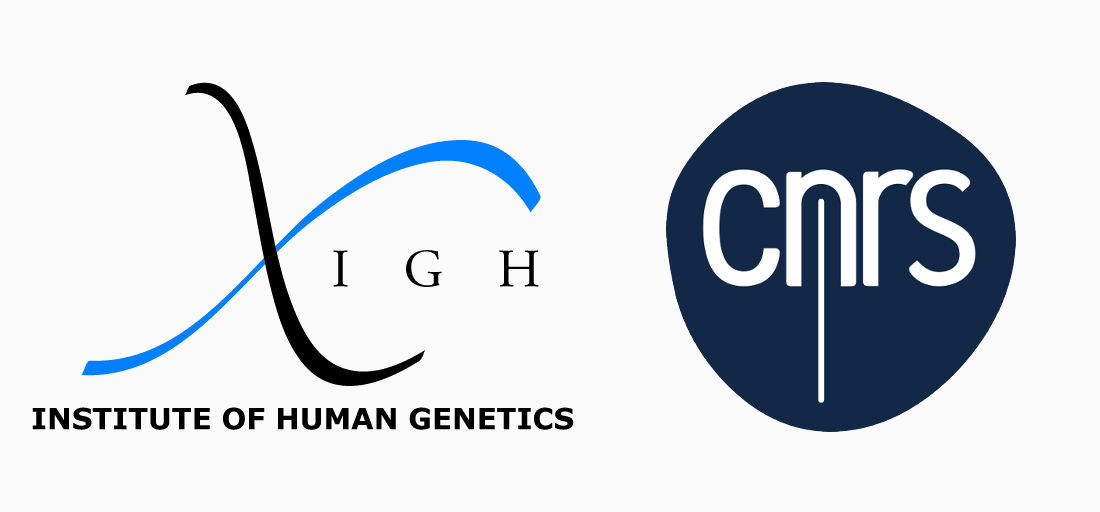TEAM
Satish SATI: Postdoc at CNRS-Institute of Human Genetics, Montpellier, France.
He obtained his Ph.D from Pune University. During his PhD he studied the role of differential DNA methylation in protein coding and noncoding gene regulation. Following his Ph.D he is working at CNRS-IGH, where his is trying to understand the processes that led to the chromatin reorganisation during senescence.
DESCRIPTION
Created in 1998, the Institute of Human Genetics (Institut de Génétique Humaine, CNRS-IGH) is a major CNRS unit dedicated to excellence in fundamental research and the study of pathologies. The principal research interests of the IGH are genome dynamics, developmental genetics, epigenetics, and molecular and cellular pathology. Over 200 staff and students work at the IGH in 20 research groups that are organized in three research departments.
The Genome Dynamics Department, is focused on DNA replication and genome integrity, recombination and meiosis, retrotransposition and its control, chromatin and nuclear dynamics, the control of gene expression and RNA silencing. The department of Genetics & Development exploits a combination of model animal systems, including Drosophila and transgenic mice, in order to study cell cycle control, cytoskeleton function and dynamics, gonadal development, RNA regulation, neurogenetics and memory.
The Department of Molecular & Cellular Pathologies performs research toward the understanding, the diagnosis and the treatment of diseases, focusing on DNA metabolism, epigenetics and signaling in cancer, on the molecular bases of myogenesis, immunity, inflammatory pathologies and AIDS. It also explores cellular therapies, particularly focusing on stem cells and viral vectorology. The major IGH drive is scientific excellence; many of its labs published outstanding work in the best journals (Cell Press, Nature Press and Science). This high research quality is due to the quality of the member labs, of their senior researchers and post-docs (we have members from more than 25 countries from the five continents), and of the PhD student training.



